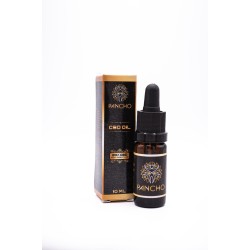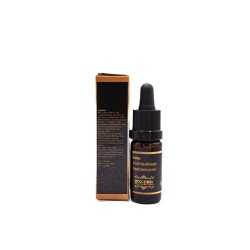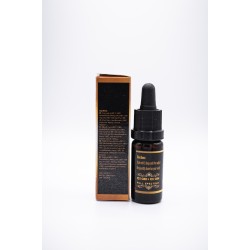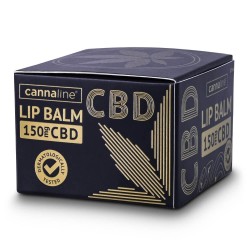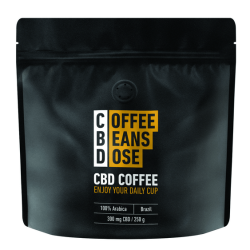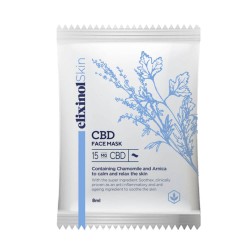Navigating the Legal and Regulatory Landscape of CBD

As the popularity of CBD continues to grow, so do the legal and regulatory challenges that come with it. While CBD is legal at the federal level in the United States, there are still state and local regulations that businesses must comply with. In this blog post, we'll explore some of the key legal and regulatory considerations for CBD businesses, and how to navigate this landscape.
Federal Laws and Regulations
Under federal law, CBD derived from industrial hemp with less than 0.3% THC is legal. However, businesses must still comply with other federal regulations, such as the Food, Drug, and Cosmetic Act (FD&C Act) and the Federal Trade Commission Act (FTC Act). The FD&C Act prohibits the introduction of adulterated or misbranded drugs and dietary supplements into interstate commerce, while the FTC Act prohibits false and misleading advertising.
State and Local Laws and Regulations
While CBD is legal at the federal level, it's important to also consider state and local laws and regulations. Some states have more restrictive laws regarding CBD than others, so it's important to research the specific regulations in your state. For example, some states require CBD products to be tested and labeled properly, while others have banned the sale of certain CBD products altogether.
Navigating the Regulatory Landscape
To navigate the legal and regulatory landscape of CBD, businesses should take a proactive approach to compliance. Here are some tips to help you stay compliant:
Research the Regulations: Stay up-to-date on the latest regulations at the federal, state, and local levels. Join industry associations and attend conferences to stay informed.
Conduct Product Testing: Have your CBD products tested by a third-party lab to ensure they meet safety and quality standards.
Label Products Properly: Make sure your product labels comply with all regulations and accurately represent the contents of the product.
Train Employees: Train your employees on the regulations and guidelines for CBD products, and ensure they are following proper procedures.
Consult with Legal Experts: Consult with legal experts who specialize in CBD regulations to ensure you are fully compliant.
Conclusion
Navigating the legal and regulatory landscape of CBD can be a daunting task for businesses. However, by staying informed and taking a proactive approach to compliance, you can ensure that your business is operating legally and ethically. Remember to always research the regulations, conduct proper testing, label products accurately, train employees, and consult with legal experts to stay compliant.

